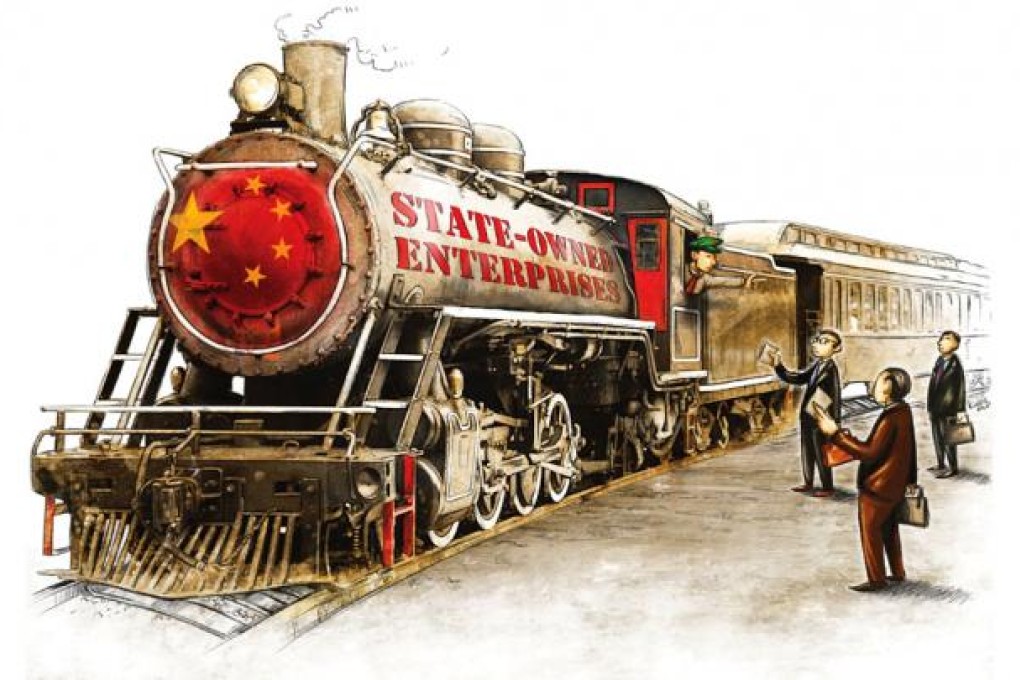Private companies still viewed with distrust by mainland authorities
With the private sector distrusted by mainland authorities, companies are hoping for fairer rules to compete with state-owned enterprises

Hostility towards private enterprise runs deep in the Communist Party, and despite the spectacular economic growth brought about by market reforms, mainland authorities' distrust of private business has never disappeared.
The profits of private industrial companies have risen by an average of 42 per cent since 2005, outpacing state-owned enterprises in every year except 2010. But they are still considered "unreliable" by the government and barred from many "sensitive" sectors.
The latest case was in June, when the Heilongjiang provincial government declared that solar and wind power were "state-owned".Private companies wanting to harness them to generate energy were told to first seek approval from local meteorological bureaus.
An offence punishable by death during the Cultural Revolution in the 1960s and '70s, private business blossomed under reforms introduced by Deng Xiaoping and quickly became a key driving force behind the "China miracle".

The growth of the private economy reached its zenith under former president Jiang Zemin and former premier Zhu Rongji , aided by two controversial decisions. One, at the 15th party congress in 1997, gave private companies legal status, and the other was the issuing of Jiang's theory of the Three Represents, which provided a theoretical basis for allowing entrepreneurs to join the Communist Party and was implemented at the 16th party congress in 2002.